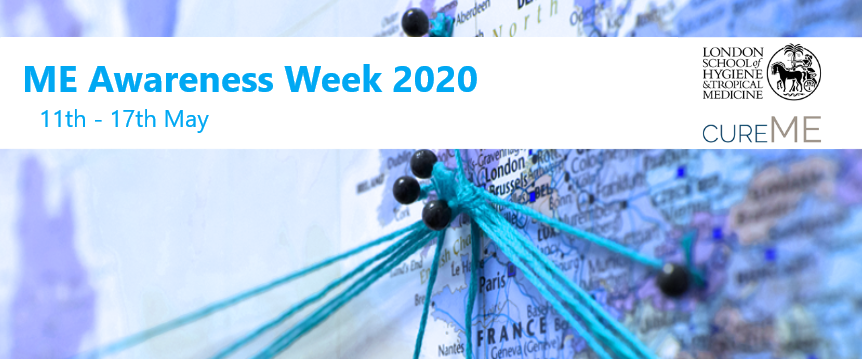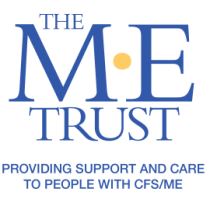Lydia’s Story: ME and COVID-19

I’m 31 and was diagnosed with ME in March 2018, but had actually been ill for three years before that: putting it down to a busy work life, parents being ill, moving house, renovating the house, holidays and work-based learning all going on at the same time. This is the first time during my illness that I have genuinely felt scared and realized the potential risk and what effect it could have on my health long-term.
It has really hit home that in situations like this I am at risk, and although ME is a chronic neurological disease, the lack of help from government and other bodies has been surprising. I know that I am disabled and have been before and since my diagnosis, but up until now I’ve just seen the adaptions as small daily changes, that just help me barely to manage to maintain the 15 hours a week I work.
If I were to contract the virus, I might easily need the rest of the year off work to recover, with no guarantee that I would regain the minimum level of function I have now. I currently work and otherwise manage to leave the house once a week for social outings like going with husband for a garden centre or coffee shop trip, going to bed each night by 7.30pm, taking multiple daily medications and napping at every opportunity.
This is what I feel hasn’t been taken seriously by the government. ME is a huge lifestyle change and affects me in every single aspect of my life. It’s not just fatigue. It is brain fog, sleep disruption, memory problems, cognitive issues, temperature control problems, IBS and much more that from the outside looks like nothing.
I am lucky enough to have husband and parents who are able to shop for us if needs be between very sporadic Tesco delivery slots, but can’t imagine how others have been getting on that don’t have the support I do; we can’t register for priority slots because we aren’t seen as high-risk. Both myself and husband work for the NHS, but I am at home self-isolating. I’ve worked for the NHS for 10 years, full time until Feb 2018.
I am a doer, not a ‘sit and rest’ person like the ME has driven me to, so to be at home when I know my colleagues are struggling and people in the community around me are dying is horrible; I feel cut off from it- not on the front line and seeing the reality of it.
Other than the below changes, not a lot has changed, because isolation is pretty normal for me. In winter or cold season, I don’t go near anyone who is ill, and wash my hands a lot if I have been outside the home. I hope that people who are well realise that once this is over for us, things won’t go back to normal: this could pretty much our normal all the time.
My husband is still going to work in the blood service, so we have taken the precautions as advised by the government. No touching each other, hugs or kisses, don’t share a bed or towels, I do all the cooking and he ‘decontaminates’ when he comes home from work. This has been going on for 49 days so far, and potentially I’ve got another 6 weeks of this till I feel safe enough to return to work in a GP surgery where I face with risk daily.
I’m lucky that there is a Facebook group for my county that connects fellow ME and chronic illness sufferers. I know a lot of people on there are having to rely on community-founded food services and haven’t seen or spoken to another person in weeks.
My mental health has taken a hit with being stuck inside, and only having contact with my husband. I really miss the atmosphere and teamwork that work provided me with. I hope that coming out of this there is enough mental health help for everyone, regardless of their illness or not.
My life has changed drastically over the last two years and just as I felt I was coming to terms with these changes and settling into a new way of life, along came COVID-19. We obviously all want this to be over, but I also want ME and chronic invisible illness in general to be taken as seriously as MS or cancer.
There is evidence to show that we have the same, if not worse, quality of life as people suffering from cancer or MS, yet we are rarely believed as we tend to just get on with it and don’t look as ill as we feel. We have such poor quality of life with no prospect of knowing, like many people who have cancer, that we won’t get better after our next round of chemo or be given the ‘all clear’ after two years.
ME is real and is happening around you a lot more than you think: it’s just that people don’t talk about it enough. So next time someone says they have ME, Fibromyalgia or POTS or any other invisible chronic illness, please listen to them and try to imagine you having to change your life, like I have described above.
Please listen, look up the disease and learn more about it. We’d love to hear that you had!







